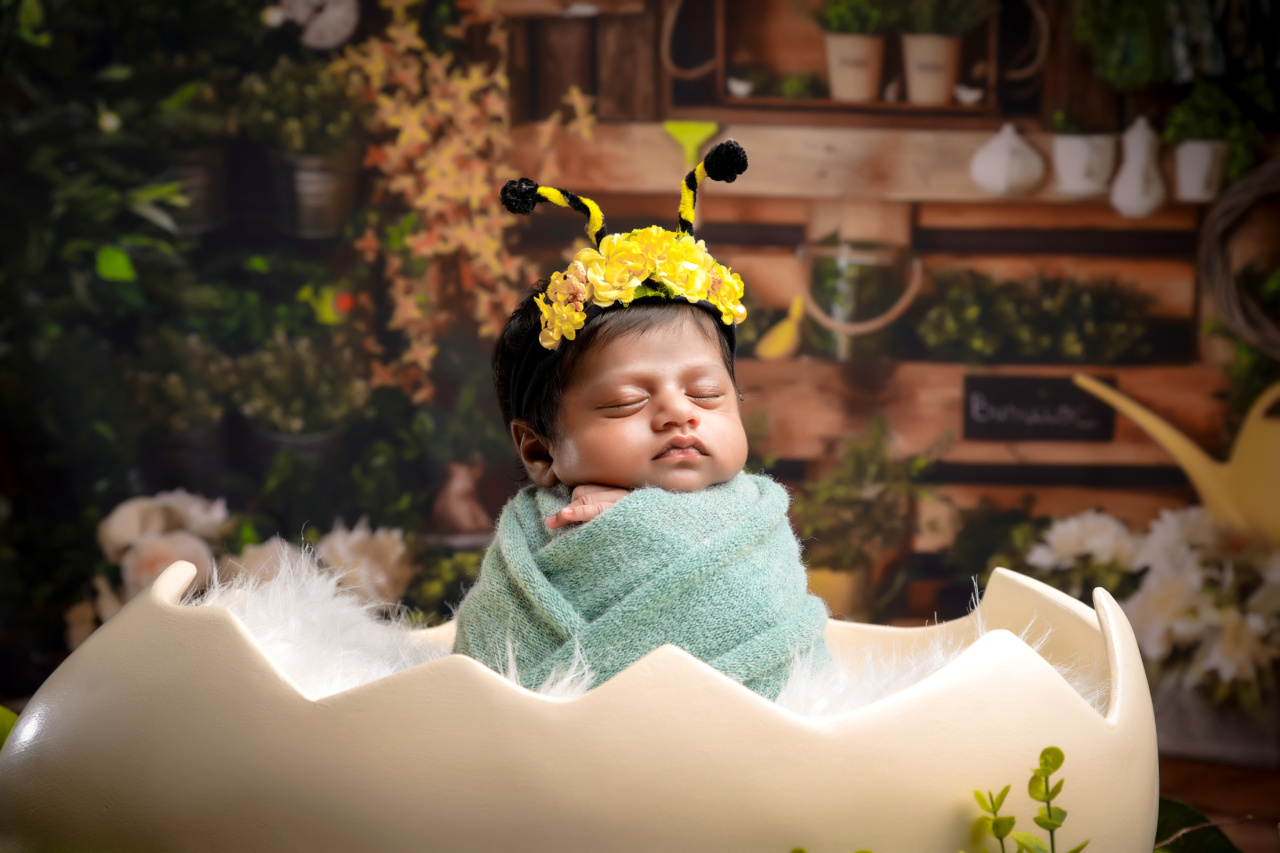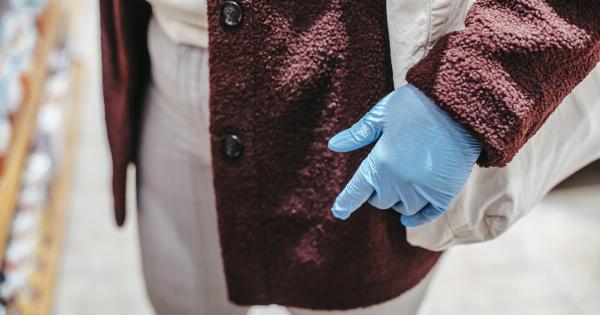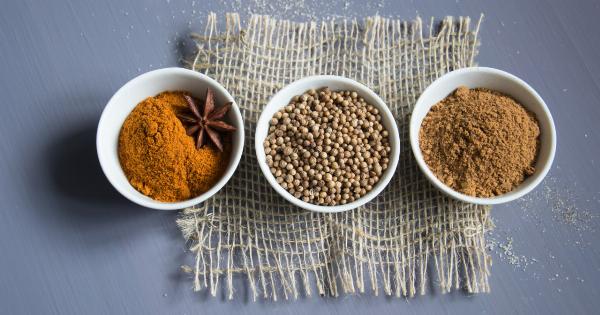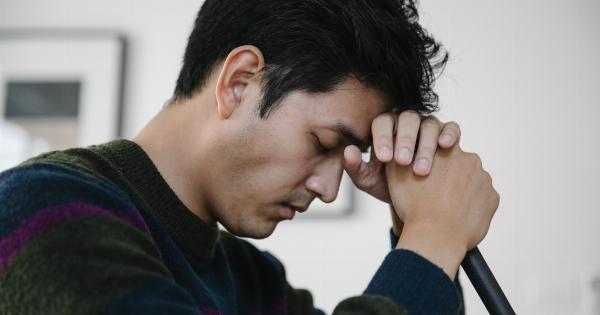Sleep is essential for your overall health and well-being. The quality of your sleep can be negatively affected by many factors, including what you eat before bedtime.
Eating certain foods can make it difficult to fall asleep or cause you to wake up during the night. If you’re anxious to sleep and want to avoid any sleep disruptions, there are certain foods that you should avoid consuming before bed.
1. Caffeine
Caffeine is a stimulant that can keep you awake and interfere with your sleep. It’s found in coffee, tea, soda, and chocolate. If you’re sensitive to caffeine, it’s best to avoid consuming it at least 6 hours before bedtime.
If you’re a coffee or tea drinker, try switching to decaf or herbal tea in the evening to promote relaxation and sleep.
2. Alcohol
While alcohol may initially help you feel drowsy, it can disrupt your sleep cycle and cause you to wake up during the night. It also has a diuretic effect, which can cause you to wake up to use the bathroom.
If you’re anxious to sleep, it’s best to avoid alcohol altogether or drink it in moderation earlier in the evening.
3. Heavy, spicy, or fatty foods
Eating heavy, spicy, or fatty foods can cause indigestion, heartburn, and discomfort, making it difficult to fall asleep.
If you’re hungry before bed, try eating a light snack that is easy to digest, such as a banana or a small bowl of whole-grain cereal with milk.
4. Sugary foods and drinks
Consuming sugary foods and drinks before bed can cause a spike in blood sugar levels and energy, making it difficult to fall asleep. These foods can also cause a crash in blood sugar levels, which can cause you to wake up during the night.
If you’re craving something sweet before bed, try eating a piece of fruit or a small serving of low-sugar yogurt instead.
5. Foods high in tyramine
Tyramine is an amino acid that can cause the release of norepinephrine, a neurotransmitter that can increase alertness and interfere with sleep. Foods high in tyramine include aged cheeses, cured meats, and fermented foods.
If you’re anxious to sleep, it’s best to avoid consuming these foods before bedtime.
6. High-protein foods
While protein is an essential nutrient, consuming high-protein foods before bed can interfere with sleep by increasing metabolism and energy levels.
If you’re hungry before bed, try eating a small serving of carbohydrates, such as whole-grain bread or crackers, which can promote relaxation and sleep.
7. Carbonated drinks
Carbonated drinks, such as soda or sparkling water, can cause gas and discomfort, making it difficult to fall asleep.
It’s best to avoid consuming these drinks before bed and to stick to still water or herbal tea, which can promote relaxation and hydration.
8. Nicotine
Like caffeine, nicotine is a stimulant that can increase alertness and interfere with sleep. If you’re a smoker, it’s best to avoid smoking before bedtime and to quit smoking altogether to improve your overall health and sleep quality.
9. Large meals
Eating a large meal before bed can cause indigestion and discomfort, making it difficult to fall asleep. If you’re anxious to sleep, it’s best to avoid consuming large meals within 2-3 hours of bedtime.
Instead, try eating smaller, more frequent meals throughout the day to promote digestion and avoid hunger before bed.
10. Anything you’re allergic or intolerant to
If you have any food allergies or intolerances, consuming these foods before bed can cause discomfort, inflammation, and disruptions in sleep. It’s best to avoid consuming any foods that trigger allergic or intolerant reactions before bedtime.





























